The first time I worked alongside the California Highway Patrol’s Dignitary Protection Section was in Beverly Hills in the late 1990s. Think swimming pools and movie stars. The setting could have been a Hollywood caricature of itself: manicured hedges, a mansion where priceless Old World paintings hung in the hallways, and a guest list that ran from President Clinton to Barbara Streisand. The rest is appropriately redacted. I was a new Secret Service agent then still learning the art of protection, but amid the clinking glasses and camera flashes, what struck me most wasn’t the celebrities. It was the calm professionalism of the CHP officers beside me. That was my introduction to an agency that proved, time and again, to be one of the finest partners I encountered in 23 years of protecting American presidents.
That same agency is now in the headlines again because the CHP, along with the Los Angeles Police Department, has been tasked with protecting former Vice President Kamala Harris. This follows the Department of Homeland Security and President Trump’s decision to end her Secret Service protection in August, a decision some critics cast as political. But set the rhetoric aside: the decision was lawful, prudent and entirely in line with precedent and threat intelligence.
Since 2008, former vice presidents have received six months of Secret Service taxpayer-funded protection after leaving office. That’s it. President Biden extended Harris’s coverage to a full year, which was an exception to the long-standing six-month norm. Mike Pence, who left office under bipartisan criticism and faced objectively higher threats, was denied an extension beyond six months. Harris, like every vice president before her, has had plenty of time to adjust to private life and arrange her own security.
It’s worth remembering that until 1951, vice presidents received no Secret Service protection whatsoever and it was voluntary even then. It took the upheavals of the 1960s for permanent protection to become mandatory. The rules today are not a slight; they are the product of decades of balancing public duty with private status. The very fact that vice-presidential protection was not required until the 1960s highlights how exceptional continuous coverage really is.
The Secret Service has more than enough on its plate. Each September, the UN General Assembly brings 150 world leaders to New York, a logistical and workforce colossus. Add to that an ever-expanding roster of protectees and an international and American threat environment unlike any in modern memory, and the case for focusing resources is obvious. After two assassination attempts against him last year, President Trump is acutely aware of the consequences of political rhetoric. But decisions on protection must be judged by precedent and threat, not politics.
Which brings us back to the CHP and the LAPD. They are world-class agencies, fully capable of protecting Harris, just as they protect California’s governor, first family and visiting dignitaries. Their Dignitary Protection Section doesn’t just stand posts; it runs threat assessments, coordinates intelligence, and executes the same protective tradecraft the Secret Service practices daily. Having worked shoulder to shoulder with them in my earliest assignments and many times since, I can say with confidence: Harris is in good hands.
But capability isn’t the point here. Appropriateness is. When police unions themselves question whether their officers should be pulled off homicide cases or narcotics investigations to provide security for a private book tour, the problem is clear. Every officer detailed to protect Harris is one less officer tackling Los Angeles’s fentanyl crisis, or responding to wildfires, or working the endless grind of homelessness on the city’s streets. Security for a multi-city tour can run into the millions of dollars that publishers, who stand to profit, are far better placed to absorb than taxpayers.
There is no dishonor in Harris providing her own security. Many public figures do quietly, professionally and without subsidy. Indeed, some of the same private security firms employ former Secret Service agents and CHP veterans. To suggest otherwise is to confuse celebrity with sovereignty.
The California Highway Patrol and the Los Angeles Police Department deserve praise for stepping up when called upon as they always do. Their officers are some of the best in the world, and their history of partnership with the Secret Service is a model of interagency cooperation. But their resources are not infinite, and their first responsibility is to the citizens of California. Every hour an officer spends guarding a private citizen is an hour not spent on the crises California faces daily.
George Orwell once noted that “to see what is in front of one’s nose needs a constant struggle.” Strip away the noise, and the facts here are plain: precedent was followed, taxpayers should not carry a private burden, and California’s finest officers deserve to spend their time where they are most needed.



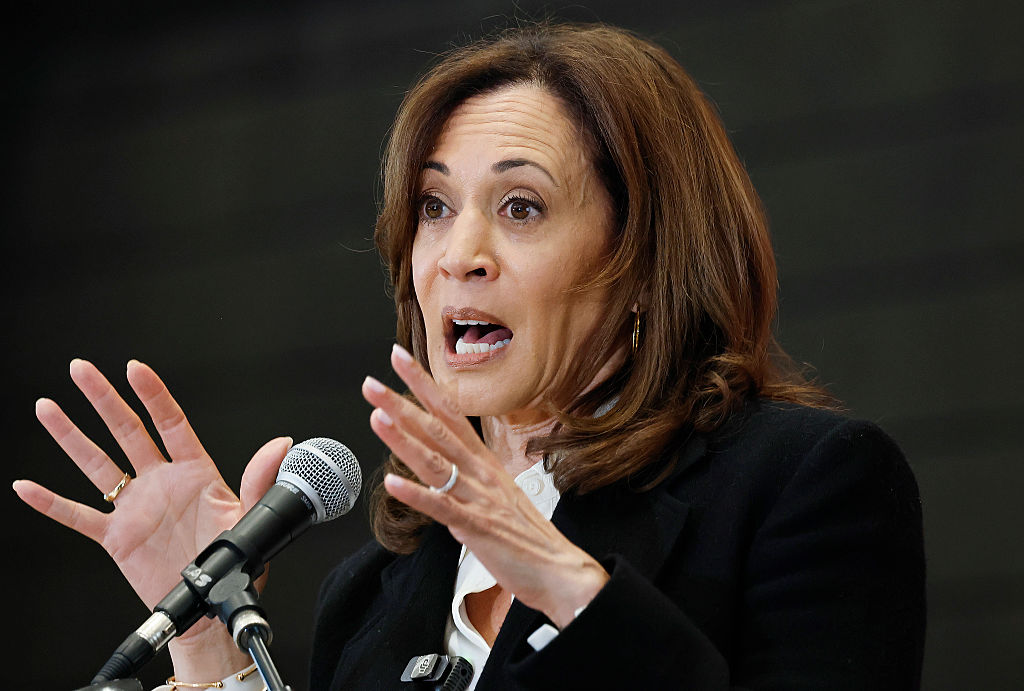







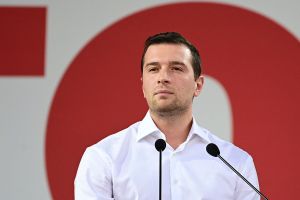
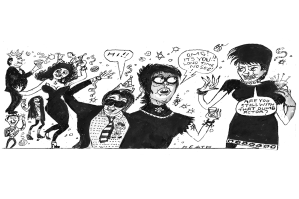
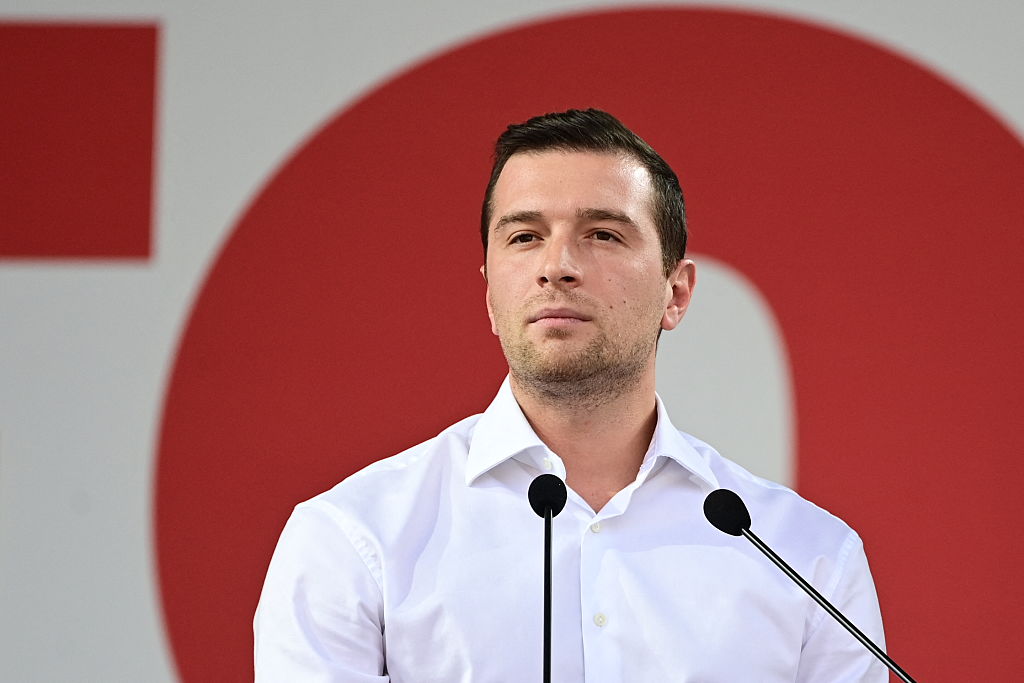
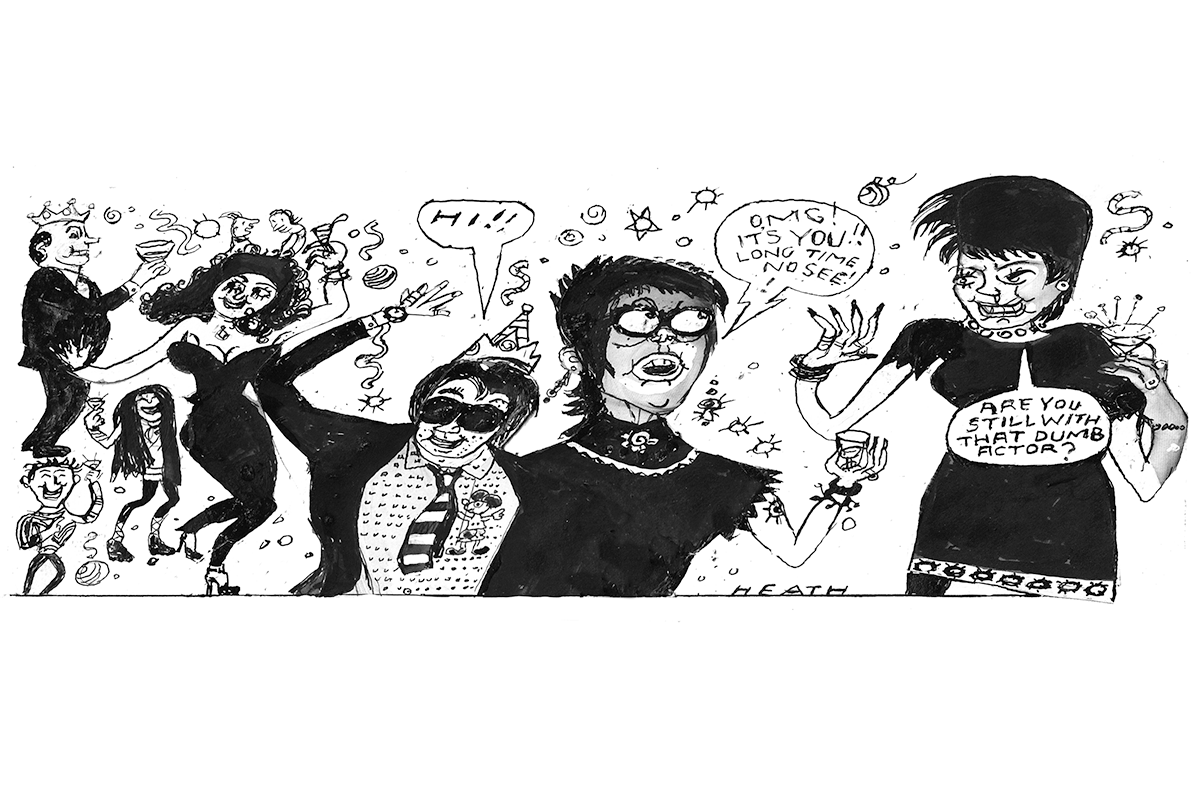
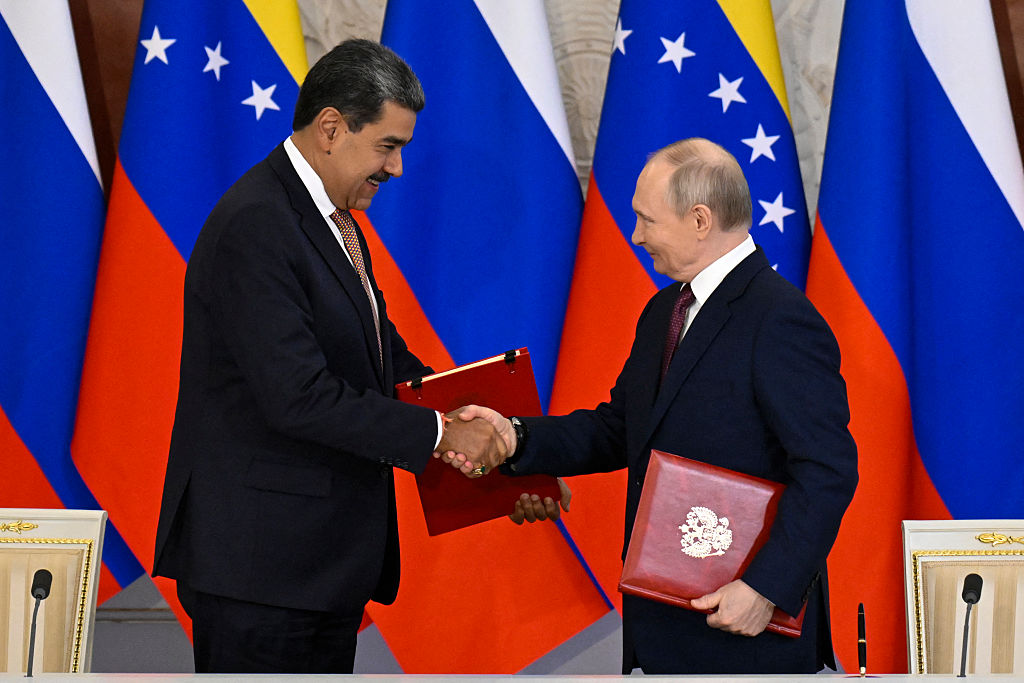










Leave a Reply